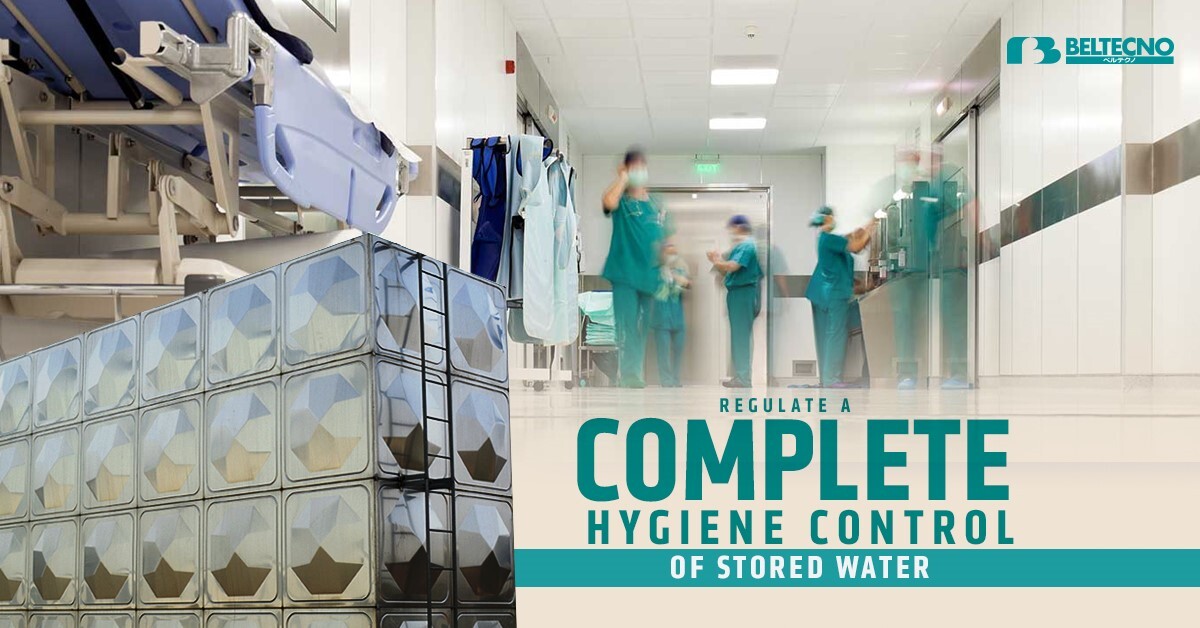Why water treatment is important And what are their types ?

As we know water is necessity, it is not just a simple chemical compound, although, Water is indispensable for human health and well-being; there can be no life on Earth without water, even the human body is composed of 70% of water and if the water is not purified, it can harm your physical or even mental health also.
.jpg?width=3780&name=Water-treatment-plant%20(1).jpg)
Treated sewage or other waste water of the community may be utilized for non-domestic purposes such as water for flushing, landscape irrigation, cooling towers of HVAC systems, in fountains, and recreational lakes where swimming is not allowed, and for certain industrial purposes after its necessary treatment to suit the nature of the use. This supply system shall be allowed in residences only if proper provision is made to avoid any cross-connection of this treated waste water. It is recommended to have dual piping system to avoid cross-contamination.
Treatment of waste water and usage of recycled water
Waste water is generated by residential and other establishment like institutional, business, mercantile and industrial. It includes household waste liquid from toilets, showers, baths kitchen and sinks that is disposed of via sewers.
Waste water treatment is the process of removing contaminants from wastewater, including house hold sewage and effluents. It includes physical, chemical and biological processes to remove contamination from water. Treatment of waste water and usages of recycled waste water may be done to make it usable for appropriate applications. The objective is to produce an environmentally safe fluid waste stream and a solid waste suitable for disposal or reuse.
Types of water treatment
- Primary treatment – It consist of temporarily holding the wastewater for settlement of heavy solids at the bottom as oil, grease and lighter solids float to the surface.
- Secondary treatment – It removes dissolved and suspended biological matter
- Tertiary treatment – It is a more intensive treatment done in order to allow rejection into highly sensitive ecosystem. The tertiary treatment is generally followed by disinfection.
Water conservation, water balance and use of recycled water as per the NBCI Guideline.
Water conservation encompasses the policies, strategies to manage fresh, drinking water as a sustainable resource, to protect the water environment and to meet current and future demand. Population, household size, growth and affluence all affect the quantity of water used. Water balance studies should be carried out to study the availability of water from different sources and its usage for different purposes.
Whenever a building is used after long intervals; the water quality of the stored water shall be checked so as to ensure that the water is safe for use as per water quality requirements.
In our next blog we will discuss about the storage of water, what all provisions and guideline are issued from National building code of India.
For more information download our company brochure.
Check our blogs


